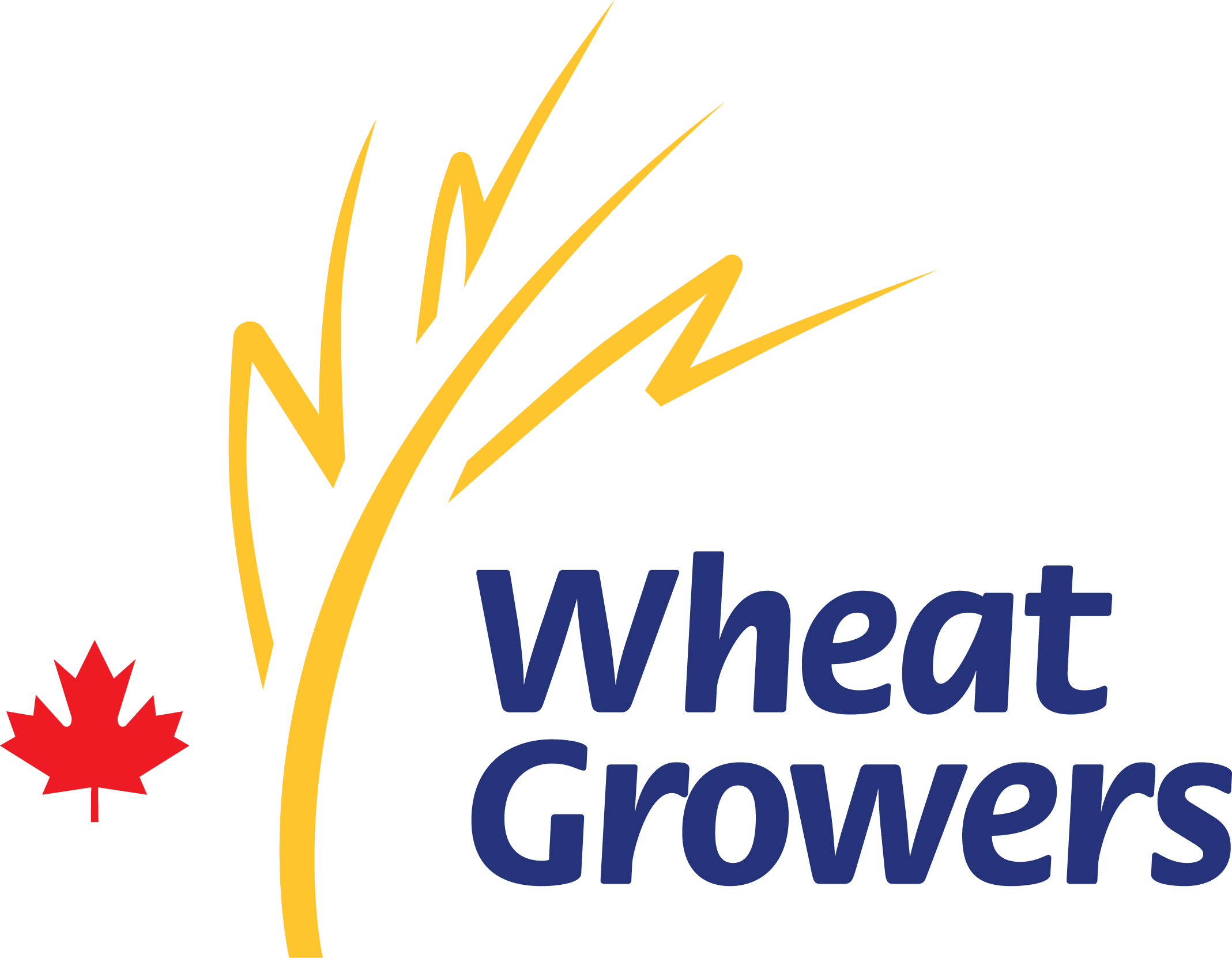The federal government has imposed a “price on pollution” that is attached to all inputs including transportation, repairs, equipment and so on. The farm use of gas and diesel fuel will be exempt, however, there are many other input costs the government has added a carbon tax to. Each province is dealing with the federal government’s mandated carbon tax differently and some provincial governments have attempted to make it revenue neutral.
The Issue
The federal government has imposed a carbon tax. This affects farmers greatly; farmers bear the cost of this tax, shrinking their margins even further and they have no way to pass these costs on to end users. However, the carbon tax does affect Canadians generally as it increases the cost of goods and services that use carbon-based fuels, such as gasoline and natural gas, so transportation and storage of food items.
Background
Canadian farmers are already incredibly efficient and green. Farmers take CO2 out of the atmosphere by planting crops. A carbon tax on fuels means they will simply produce less. That will mean more imports from other countries. And consumers will be hit with higher prices and lower GDP as farmers export less.
Our Position
Carbon taxes should be levied on industries that can actually make cuts to fuel usage – farmers cannot. Both farmers and consumers are hurt by this tax.
